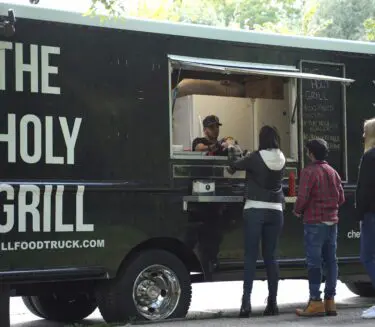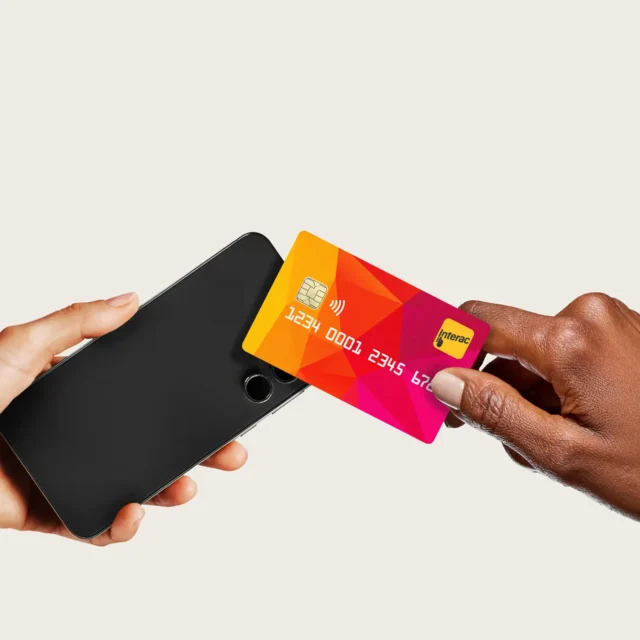Finding little ways to boost the bottom line is a big part of running a small business.
“When you’re a small-business owner,” says Aleem Syed, owner of The Holy Grill food truck in Toronto, “every dollar counts.”
When it comes to payments, small-business owners favour whatever is going to cost them the least — not just in terms of transaction fees, but also in terms of time — and hassle.
The more a payment method is affordable and low-maintenance, the more it allows enterprises to dedicate resources and attention to other, more fundamental aspects of the business. (In Syed’s case that often means dreaming up delicious new variations on his signature burgers, poutine and fried-chicken sandwiches.)
So: How should a business encourage customers to pay? Debit is the favourite method of payment for many Canadian merchants because it offers low fees and few hassles.
“I love Interac Debit. The low fees are amazing,” Syed says. “It doesn’t put a dent in my wallet or my bank account.”
The costs of doing (small) business
Of course, it’s preferable to avoid eroding profit margins by paying high transaction fees.
Debit charges amount to pennies per transaction. Not only that, according to the Bank of Canada, processing debit transactions leads to lower overall costs for the Canadian economy than alternative methods of payment.
What about cash? Cash payments may not incur a monetary fee, but the use of cash imposes costs in other ways. Canadian businesses spent $2.4 billion dealing with cash in 2014, including the cost of counting and transporting it safely.
The use of cash has been declining in Canada for years, as consumers embrace the convenience of digital payments.
Cashless events are a part of the food truck world, and they’ve allowed Syed to reduce the burden of bills and coins. He enjoys the low-hassle factor.
“I don’t have to count money at the end of the night,” Syed says. “We prefer to have a cashless food truck because it just makes things a lot easier in the long run.”
No chargebacks, no headaches
Apart from fees, there’s another dreaded downside to certain payment methods: chargebacks.
Credit card charges can be reversed when they turn out to have been fraudulent. In those cases, a merchant can not only be forced to hand back the sum of a transaction, but they’ve also lost whatever inventory went out the door. To avoid chargebacks, merchants often perform common-sense checks before accepting a transaction — but there’s only so much that even an eagle-eyed retailer can spot.
Interac Debit transactions are not subject to chargebacks. The customer’s bank or credit union authorizes and guarantees each payment, ensuring that they’re made with “good funds.”
There isn’t much Canadian data on the total costs of chargebacks to merchants, but U.S. estimates suggest a rate of about 46 cents per $1,000 of sales. Whatever the exact figure may be, it’s the time spent dealing with chargebacks that creates the biggest headaches for people who run small businesses.
“It’s really great that we don’t have to deal with chargebacks with Interac,” says Kristina Rapson of Dogfather & Co., a specialty pet boutique with two locations in Toronto.
“It just makes everything less stressful. We don’t have to worry about having to deal with paperwork, and in the long run everything runs more smoothly.”



